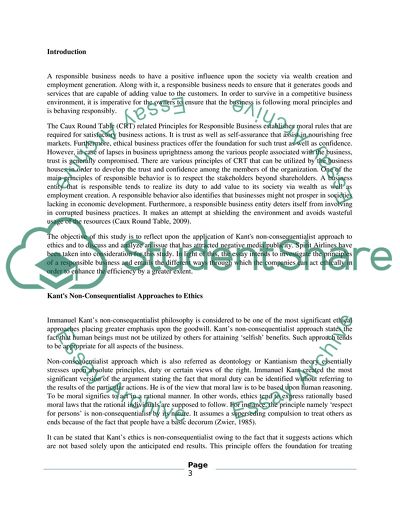Cite this document
(Principles of Responsible Commerce Case Study Example | Topics and Well Written Essays - 2000 words, n.d.)
Principles of Responsible Commerce Case Study Example | Topics and Well Written Essays - 2000 words. Retrieved from https://studentshare.org/marketing/1784764-reflective-essay-of-your-journey-on-comm101-principles-of-rensponsible-commerce
Principles of Responsible Commerce Case Study Example | Topics and Well Written Essays - 2000 words. Retrieved from https://studentshare.org/marketing/1784764-reflective-essay-of-your-journey-on-comm101-principles-of-rensponsible-commerce
(Principles of Responsible Commerce Case Study Example | Topics and Well Written Essays - 2000 Words)
Principles of Responsible Commerce Case Study Example | Topics and Well Written Essays - 2000 Words. https://studentshare.org/marketing/1784764-reflective-essay-of-your-journey-on-comm101-principles-of-rensponsible-commerce.
Principles of Responsible Commerce Case Study Example | Topics and Well Written Essays - 2000 Words. https://studentshare.org/marketing/1784764-reflective-essay-of-your-journey-on-comm101-principles-of-rensponsible-commerce.
“Principles of Responsible Commerce Case Study Example | Topics and Well Written Essays - 2000 Words”. https://studentshare.org/marketing/1784764-reflective-essay-of-your-journey-on-comm101-principles-of-rensponsible-commerce.


